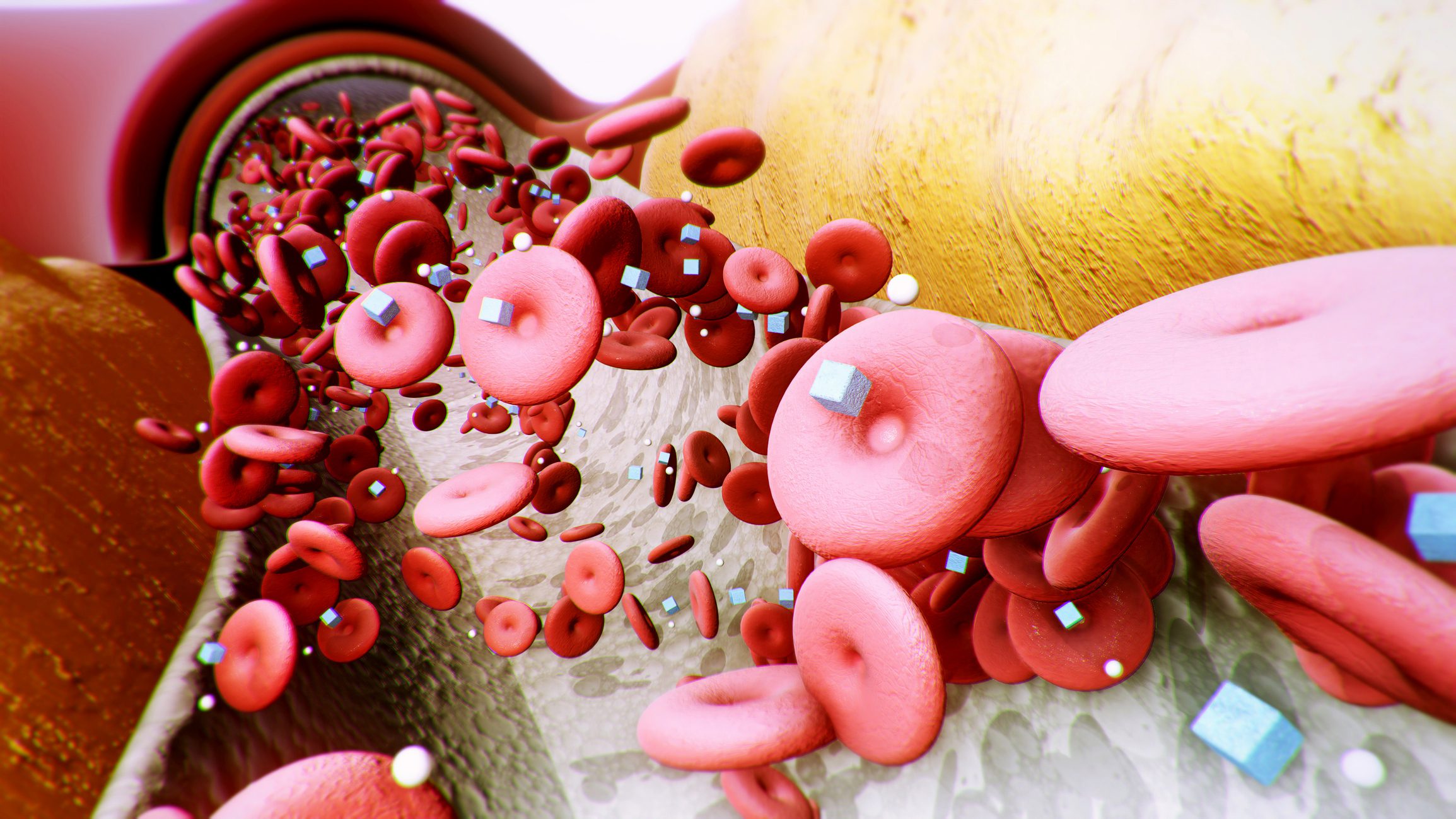Even though the pathophysiology of Alzheimer’s has not yet been fully identified, it is known that the complex disease manifests itself around 20 years before the first symptoms appear. CSF-based early and differential diagnosis is therefore currently the focus of management. The aim is to be able to intervene as early as possible in the course of the disease
.
Changes in amyloid markers indicate that Alzheimer’s begins around 20 years before the first symptoms appear. Once there is a loss of nerve cells caused by amyloid plaques and tau tangles, the disease is already at an advanced stage. The aim is therefore not only to slow down the progression of symptoms with the help of early detection and targeted and individualized therapy management, but ideally to prevent it altogether in the future. Current guidelines recommend CSF-based early and differential diagnosis of dementia in Alzheimer’s disease with measurement of Aβ42, the quotient Aβ42/40, phospho-tau 181 and the total tau [1]. The Aβ42/40 quotient should preferably be used, as it is superior to the determination of Aβ42 alone. ß-amyloid can be detected in cerebrospinal fluid and blood, tau in cerebrospinal fluid and neurofilament light chain (NfL) also in cerebrospinal fluid and blood. Intensive research is also being carried out into blood-based diagnostics for dementia, such as ultra-sensitive immunoassays. These make it possible to measure the phsophorylated tau epitopes in blood plasma. Phsopho-Tau217, phsopho-Tau231 and phsopho-Tau181 have proven to be the most promising for this purpose. The further advantage: phospho-Tau proteins not only allow blood-based diagnosis of preclinical Alzheimer’s dementia in the prodromal stage of mild cognitive impairment (MCI), but also the differential diagnosis of other neurodegenerative dementia diseases. A combination of composite blood assays, such as Aβ1-42/1-40 and phospho-Tau217, with psychometric screening tests is very promising. They could include preclinical Alzheimer’s patients in clinical trials with disease-modifying treatments with a screening error of less than 15%.
Therapy management starts early and comprehensively
To date, therapy has aimed to maintain the remaining cognitive capacity and everyday skills in the late stages of the disease for as long as possible. The behavioral disorders associated with dementia are also addressed [1,2]. Anti-dementia drugs such as acetylcholinesterase inhibitors and glutamate antagonists, antidepressants, neuroleptics or nootropics are used, for example. Progression-modifying agents are new and aim to delay the progression of the disease.
Targeted against anxiety
However, a very common symptom of Alzheimer’s is agitation in combination with aggressive behavior. These patients pose a major therapeutic challenge, as many available preparations have a very unfavorable side effect profile and are also not very potent antipsychotically. A new possibility now exists with the administration of brexpiprazole, a 2nd generation antipsychotic [3]. It has a high receptor binding affinity to noradrenaline, serotonin and dopamine receptors. It is an antagonist at noradrenaline α1B and α2C receptors and serotonin 5-HT2A receptors as well as a partial agonist at serotonin 5-HT1A and dopamine D2 receptors. In addition to the significant improvement in agitation symptoms, it shows an effect on the content-related thinking disorders of dementia patients with a more favorable side effect profile.
In a randomized, placebo-controlled, double-blind study with 345 patients, a statistically significant reduction in agitation (Cohen-Mansfield Agitation Inventory Score) was observed with brexpiprazole, 2 mg/d or 3 mg/d, compared to placebo over 12 weeks [4]. The adverse effects were predominantly comparable between verum groups and placebo. Therapy-associated adverse effects (TEAEs) were headache (6.6% with verum, 6.9% with placebo), cardiovascular events at 0.9% each and extrapyramidal symptoms at 3.5% (verum) and 0% (placebo). The proportion of patients who discontinued treatment due to adverse events was 12 out of 226 (5.3%) with brexpiprazole and 5 out of 116 (4.3%) with placebo. Compared to other atypical antipsychotics, the active substance also appears to have an advantage, particularly with regard to a relatively low risk of falls and bone fractures [5].
Literature:
- S3 guideline on dementia. Status: 28.11.2023, version 4.0; AWMF register no. 038-013.
- Riepe MW, et al: Monitor Versorgungsforschung 03/2023: 55-61. Available at: www.monitor-versorgungsforschung.de/wp-content/uploads/2023/05/MOVS-20230605.pdf (last accessed 10.01.2025).
- REXULTI® Information for healthcare professionals, status: 05/2024.
- Lee D, et al: Brexpiprazole for the Treatment of Agitation in Alzheimer Dementia: A Randomized Clinical Trial. JAMA Neurol 2023; 80(12): 1307-1316.
- Ballard C: Brexpiprazole for the treatment of agitation and aggression in Alzheimer’s dementia. JAMA Neurol. 2023; 80(12): 1272-1273.
InFo NEUROLOGY & PSYCHIATRY 2025; 23(1): 29











